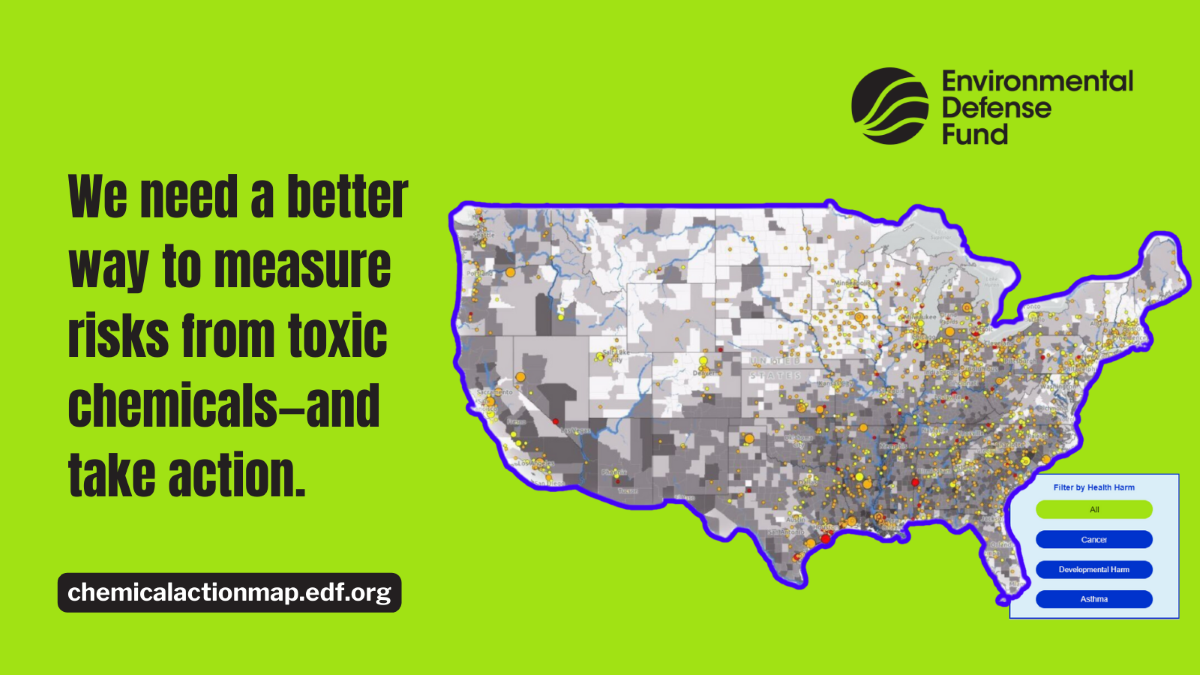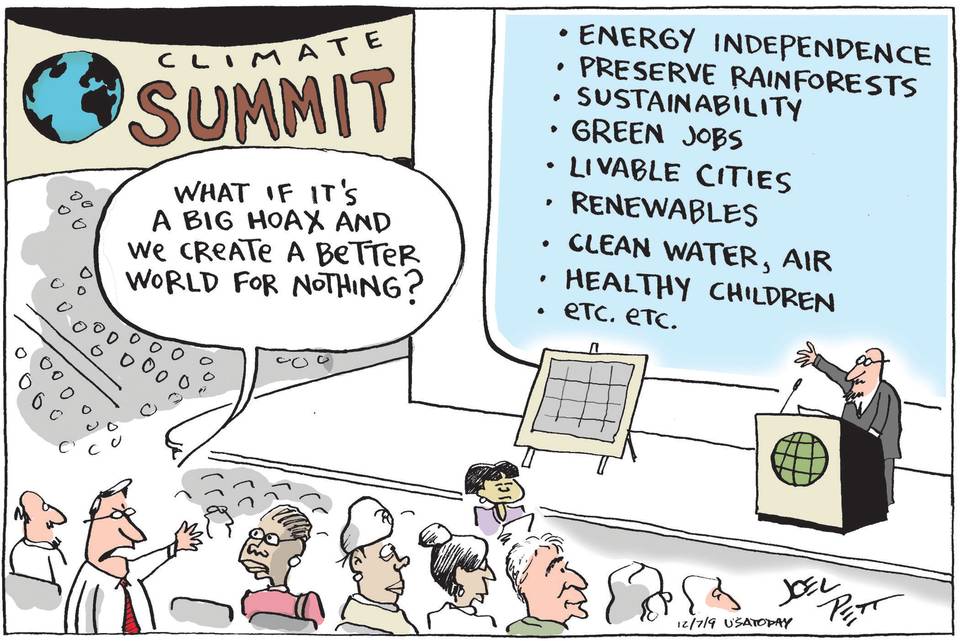 What’s New
What’s New
Today, we are excited to introduce the Environmental Defense Fund’s (EDF) latest initiative—the Chemical Exposure Action Map. This tool is designed to spur the Environmental Protection Agency (EPA) to transform the assessment of risks posed by toxic chemicals in our communities.
Our map focuses on multiple high-priority chemicals—making visible the urgent and long-overdue need to assess the risks of chemicals together as they exist in the real-world. Unlike many current methods that look at risks one chemical at a time, our map offers a comprehensive view, highlighting the potential for cumulative risks from multiple high-priority chemicals.
Why It Matters
In a world where industrial facilities expose communities to multiple harmful chemicals daily, many have long called for a cumulative approach to assessing the risks from these chemicals. It is crucial that we wait no longer to reassess how we evaluate the health risks they pose.












